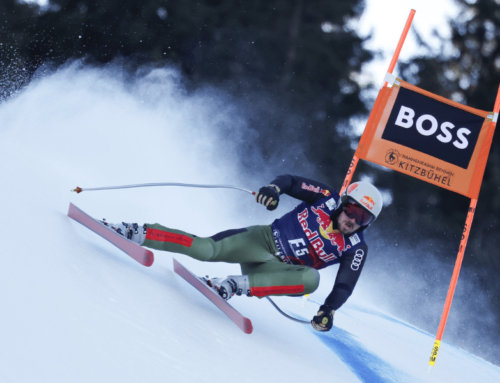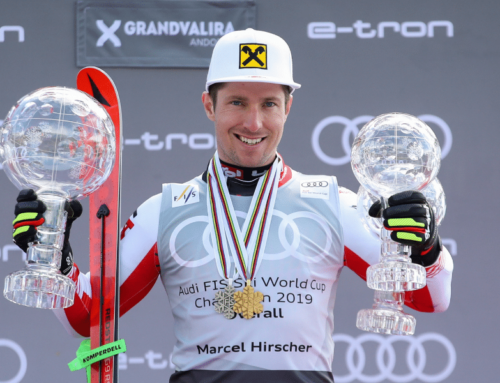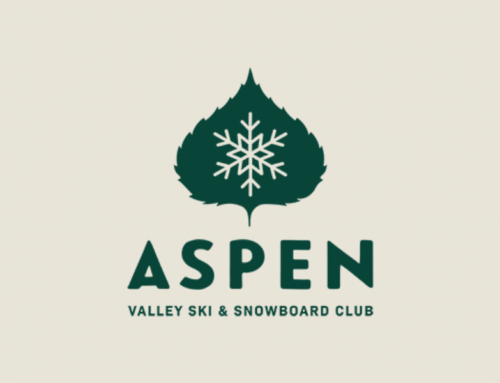Canadian Osborne-Paradis not surprised by cancellations, looks forward to European ‘bubble’
It looks like Canadian World Cup racer Manuel Osborne-Paradis will have to wait another year to launch a comeback tour on the Lake Louise downhill track.
The four-time Olympian was set to make a return to downhill ski racing at Lake Louise, the course that was the site of his dramatic training run crash in 2018 edition. He hasn’t seen racing action since.
Along with the rest of the alpine ski world, Osborne-Paradis discovered Thursday that Lake Louise wouldn’t be the site of his return after all: the women’s and men’s downhill and super-G, as well as the rest of the North American stops that open up the World Cup calendar, would be rescheduled to European sites instead.
“Getting most of the season off and being safe are definitely the two main concerns, and the less travel that everybody has to do right now is better,” said the 11-time World Cup medalist. A new calendar is expected in early October.
“We would be in Canada so it would be better for us but at the same time, going to Europe, staying within the European ‘bubble’ and driving to races and staying away from flights is definitely a better idea.”
While the rest of his teammates are currently training overseas, Osborne-Paradis is still designated under ‘injury’ status. He said it left him in a better position to manage some of the calendar uncertainty that downhillers have been grappling with.
“I was able to maybe envision it more than other people,” the 36-year-old said of the rescheduling. “Everybody’s in Europe right now training for the unknown, which is now ‘known,’ at least for the first couple weeks of the season. Being on injury status, if I had missed those races or wasn’t ready, my world rankings are still frozen. It allowed me to maybe look at it with a clearer mindset.”
Joint decision
When Lake Louise organizers made the decision and today’s announcement that there would be no North American World Cup races this season, it did so as part of a coordinated response from multiple entities. The FIS, Canadian Snowsports Association, U.S. Ski & Snowboard and organizers of the Vail, Beaver Creek and Killington races were said to have made the decision together, and released statements concurrently.
“It really was a collective, joint decision amongst all the players, because it’s not just a standalone decision,” said the men’s chief of race for Lake Louise, Darrell MacLachlan.

“No one group within the World Cup tour stands alone, the FIS need the organizers, the organizers need the FIS, Canada needs the US, the US needs Canada, for making this thing viable. We demonstrated that we are quite unified and that we do work together to reach decisions.”
The World Cup races in Lake Louise are a massive logistical undertaking in a non-pandemic year. Much of the village’s hotel space is taken up by the thousands of athletes, team staff, volunteers and media there for the races, and securing extra lodging to allow for physical distancing would have been a costly, complex endeavour.
“Us as volunteers, the ski resort, the FIS, athletes, teams, everybody was quite anxious to come here,” said MacLachlan.
“It’s a very popular stop on the tour, everybody annually looks forward to it. From a more local perspective in terms of us as organizers and all the volunteers, everybody is hugely disappointed that it came to this but it was a decision that was studied and looked at and all of the options evaluated.”
Osborne also gave a nod to the nearly-500 volunteers that convene in the Canadian Rockies each year for the very social, multi-week affair.
“These people, they’re doing that for us and to be able to host a race on home soil and for us to compete here is really important,” he said.
“That’s where I got injured and I would have been pumped to be at that race, but at the same time for us it’s a race and it’ll get made up. For the organizers, volunteers and the people that deal with that race every day and are trying to figure out how to make it a safe environment and had been working countless hours to get it going, I feel like it’s tougher for them.”
New territory
The coronavirus-mitigating decision around the Lake Louise, Colorado and Vermont races is reflective of adjustments being made across the sporting world to keep athletes, event staff and volunteers healthy. Earlier this summer, organizers of the Formula 1 auto racing championship made a similar decision to relocate all of their races in the Americas to Europe instead.
“With the borders being closed from Canada to the U.S., and with our two-week quarantine, it seemed like it was kind of inevitable,” said Osborne-Paradis. “It is a bummer, but at the end of the day I think these are interesting times and if the season is a safer season, then that’s better for everybody.”
Race organizers are maintaining a positive outlook on hosting next season’s edition of the race. The greatest factor, they say, will continue to be the extent of COVID-19’s impact on the globe.
“World Cup ski racing is about safety: we often refer to ‘safety’ in terms of netting and fall protection, but in this case safety took a slightly different turn,” said MacLachlan.
“This is new territory. We’ll regroup from this, and planning for next year will start today.”





















